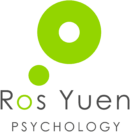Compulsive Behaviours Treatment Adelaide
What is compulsive behaviour?
People often refer to a “need” as an “addiction” such as a need to repeat behaviours such as gambling, surfing the net, shopping, eating, having sex, working or porn. Strictly speaking, a compulsion is not always an addiction.
Addictions, by definition, means being psychologically and physically dependent on something so that you’ll experience withdrawal symptoms such as a rise in blood pressure, nausea, sweating and tremors when you stop the behaviour. Nonetheless, a compulsion can be serious because it can impair the way one functions at home, at work and in relationships.
What cause compulsions?
How to identify symptoms
Ask yourself if:
- you are constantly preoccupied with planning and doing the behaviour
- the behaviour is negatively affecting an area in your life
- you are secretive about the behaviour
- you tried your best to stop the behaviour and failed?
How can a psychologist help you?
The psychologist will help you admit to yourself that you have a problem and motivate you to do something about it. It is also important to understand what is driving this behaviour, in particular, the emotions that this behaviour is distracting from. Self-mastery is the antidote to compulsion so it is important to start gaining some form of mastery over the behaviour by making changes such as interrupting, postponing or changing the way the behaviour is done. Sometimes medication can also help as two brain chemicals, serotonin and norepinephrine, have been linked to compulsive behaviours.
If your compulsive behaviours or the habits of your partner have started to cause conflict in your marriage, it is also worth considering marriage counselling in Adelaide that will aim to help you both work through understanding and managing these behaviours for a healthier relationship in the long term.
Covering Beulah Park, Erindale, Glenside, Kensington Gardens, Kensington Park, Leabrook, Magill, Marryatville, Norwood, Toorak Gardens, Tranmere and many other suburbs across Adelaide.



